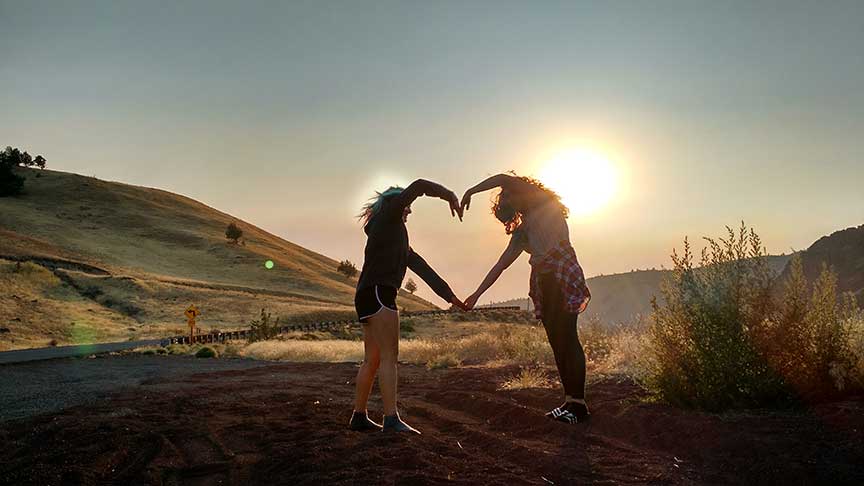The History of Valentine’s Day

By Frank Jewel
Valentine’s Day is known for a few things. It is accepted as the day we celebrate love. We bring flowers and buy chocolates. We go out to dinner and for drinks. We text our ex-lovers. While February 14th has become this holiday propagated by card companies, chocolatiers, and florists, it’s not how the holiday began. So how did this day of love begin? What was it originally about? Below is the history of Valentine’s Day.
The Pagan Festival Lupercalia
Some believe that Valentine's Day is celebrated in the middle of February to commemorate the death of St. Valentine, but like most things in Christianity it has Pagan origins. Some historians think that it was placed in the middle of the month toChristianize the Pagan festival Lupercalia. Lupercalia was a festival dedicated to Faunus, the Roman God of agriculture, and fertility.
During the festival, a goat would be sacrificed for fertility. The local women would be touched by the bloody hide in hopes to foster fertility. Then their names would be put into an urn and bachelors would be paired with them. These pairs were created with the hope that they would end in marriage.
The Catholic Church
The modern history of Valentine’s Day begins, curiously, with the Catholic Church. There are multiple saints called Valentine. There are many tales on who St. Valentine was, but one thing’s for sure—he was a martyr.
One possible scenario is that St. Valentine responded to the banning of marriage for young men, which was implemented by Roman Emperor Claudius II. Valentine was said to have hosted clandestine marriages for young people. There are other legends that include that St. Valentine sent the first “valentine” to his love. Whatever the truth is, the saint gained popularity throughout Europe for the tales of romance.
The Middle Ages
However, it took years for Valentine’s Day to become associated with love. It wasn’t until about the 14th century that there is evidence the day was celebrated as such. The first “valentines” were poems written by Geoffrey Chaucer and Charles, Duke of Orleans. During this time, there wasn’t a formal holiday, but all kinds of people referred to St. Valentine as the saint of love. And so it was, the history of Valentine’s Day wasn’t as planned as it was by accident. When combined with Greek myths, it became the holiday we know and recognize today.
The Greek God of Love
We know cupid today as a cherubic boy who shoots love into people with an arrow, but the myth goes all the way back to Ancient Greece. In Greek mythology, cupid is the God of Love otherwise known as Eros. He wasn’t a chubby boy, though. Eros was a handsome man and over time the God became known as the cherubic and mischievous figure that we know today.
The Modern Interpretation
So, how did all of this become the rosy-red holiday we are familiar with? It probably doesn’t have to do with theWorld War II ship of the same name. History isn’t always clear about these things, but during the 17th century the popularity of Valentine’s Day spread. It became popular not just in Europe, but in the United States, Mexico, Canada, and Australia. Halfway through the 18th century, it wasn’t uncommon for lovers to exchange notes and tokens of affection on February 14th.
It didn’t take as long as the formation of the holiday for it to become known as the day of love and holiday where people exchange both notes, flowers, and treats. When the greeting card business spread, holidays like Valentine’s Day came with it. Now, it is the second most popular holiday for card-giving. You don’t even have to buy a physical card anymore.Valentine’s Day Ecards provide the ability to add digital memorabilia. It’s safe to say the holiday has transformed into something very different than it started as.
So, next time you are buying flowers, chocolates, and a card for your significant other, think about the history of the holiday. It seems to have its origins in love and fertility, but who knows for sure? Perhaps that’s the fun of this kind of history. No one planned for it and what you get out of the holiday is what you make of it.
 >
>